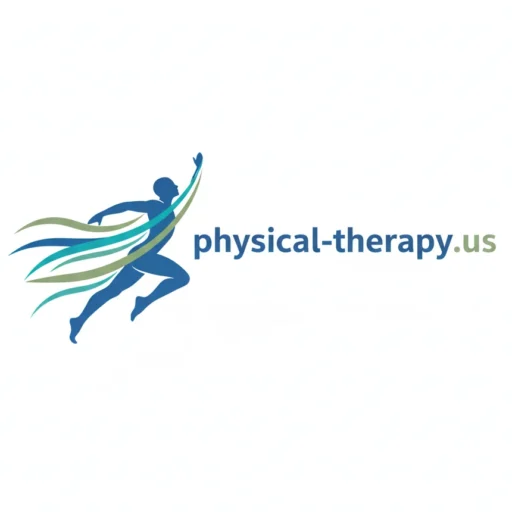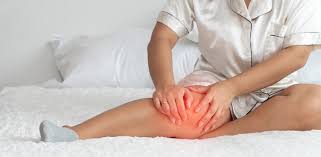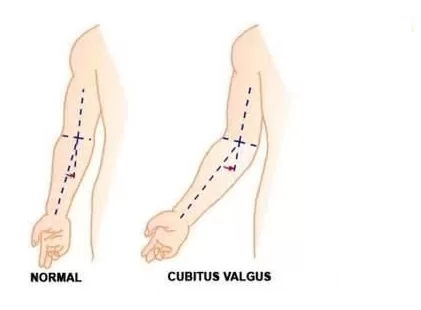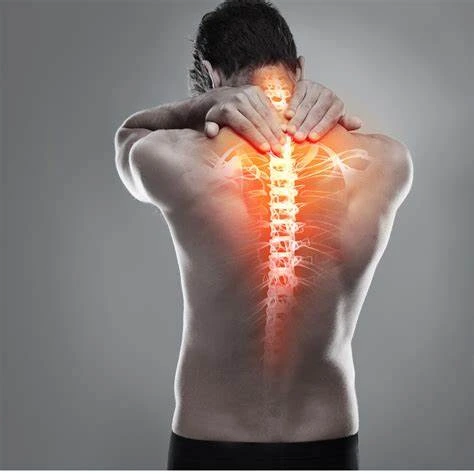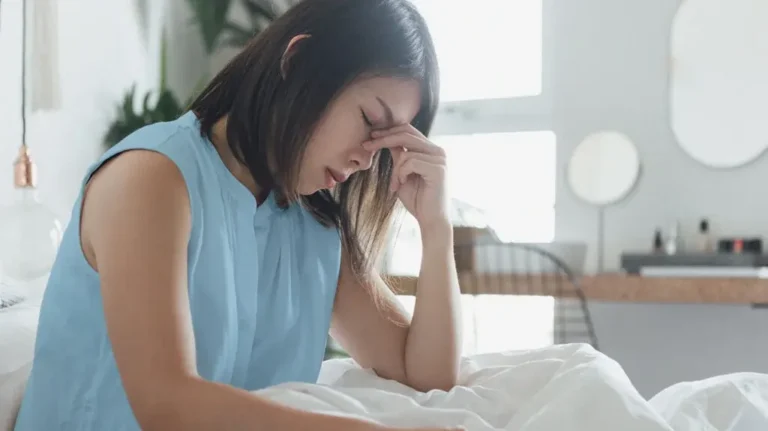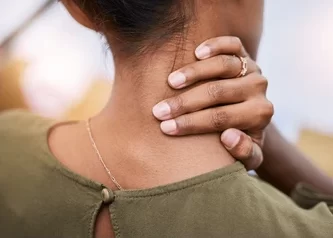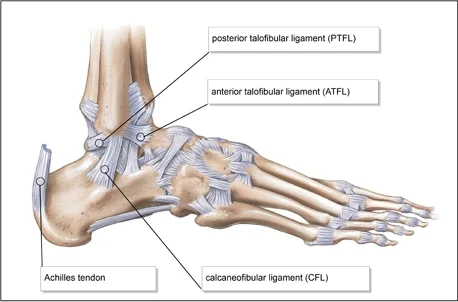Why Knee Pain at Night?
Introduction:
A common issue that may cause difficulties with sleep and lower general quality of life is knee pain that gets worse or becomes more obvious at night. Activities during the day may divert attention from discomfort, but because of decreased mobility and heightened awareness at night, pain is frequently intensified. This discomfort at night can be caused by a number of underlying diseases, including inflammation, overuse, injuries, and arthritis.
Causes of Knee Pain at Night:
Runner’s Knee:
One of the most frequent reasons why athletes experience knee pain at night is runner’s knee (patellar tendonitis).
This could happen because of:
- Overly intense physical training
- Injury from repetitive stress
- Weak muscles in the thighs
- Achilles tendon or hamstring strain.
Osteoarthritis (OA) symptoms are permanent, unlike runner’s knee. Joint cartilage steadily deteriorates in OA, a persistent aging-related disorder. Knee pain, stiffness, and inflammation may result from the bones rubbing against one another.
Post-traumatic arthritis is a different type of OA that appears years after a joint injury (e.g., a burst ligament or a shattered knee).
Although there is no known cure for OA, many therapies can help manage symptoms and reduce the disease’s progression. These consist of cortisone injections, NSAIDs, heat therapy, ice packs, knee exercises, and, in extreme situations, joint replacement.
Rheumatoid Arthritis:
The knee joints are among the many joints in the body that are impacted by rheumatoid arthritis (RA), a chronic inflammatory disease. The hallmark of RA, like all autoimmune illnesses, is an unwarranted immune attack on healthy tissues and cells.
The inflammatory onslaught in RA targets the synovial membrane that covers the knee joint. According to studies, up to 80% of people with RA experience trouble sleeping during acute flare-ups.
Although there isn’t a cure for RA, there are several treatment choices, such as immunosuppressive medications, cortisone injections, NSAIDs, physical and occupational therapy, and surgery.
Not all knee injuries are immediately noticeable, and others may not be identified until nighttime pain occurs.
After a period of rest, NSAIDs, ice, and a knee brace, mild meniscus tears can frequently recover. In severe circumstances, arthroscopic surgery can be necessary.
Knee Bursitis:
In occupations that necessitate frequent kneeling or squatting, bursitis is common, especially when protective knee pads or support braces are not worn. Following a knee impact injury, a bursa may occasionally become inflamed.
Gout:
Sharp crystals grow in the joint, causing abrupt episodes of pain, swelling, and soreness when the body has high amounts of uric acid (usually from purine-rich meals). Attacks known as “flares” occur 2.4 times more frequently at night than during the day.
Days or weeks may pass between gout flare-ups, which are often sudden, and then weeks, months, or even years of remission. Ice packs, cortisone injections, and NSAIDs can all help reduce gout flare-ups.
Osgood-Schlatter Disease:
Knee pain can typically be relieved with rest, ice, and NSAIDs, as well as stretching and strengthening exercises, until the bones and connective tissues begin to realign more naturally.
Why Does Knee Pain Get Worse at Night?
Some are caused by things that you may alter, such as how you sleep, while others are unchanging.
These consist of:
- Cortisol changes: A stress hormone called cortisol begins to decrease throughout sleep, promoting deeper, more restful sleep.
- Sleep positions: If you sleep on your side with one leg resting on top of the other, you may be putting too much strain on your knee. Additionally, some postures might decrease blood flow, which can hurt when you shift positions and blood flows back into the joint.
- Overheating: Being buried behind a heap of heavy blankets can cause your body to overheat, which can worsen knee soreness.
- Perception: Because you are preoccupied with work, family, school, or housework during the day, you might not be as conscious of pain.
- Lack of sleep: Lack of sleep also alters nerve pathways, making people more sensitive to pain, even if they don’t have an underlying pain disorder.
Treatment:
Your healthcare practitioner can help you obtain the treatment you need to sleep better if they have the right diagnosis. For instance, they might advise you to take specific drugs, alter your lifestyle to encourage better sleep, or look into alternative forms of therapy.
Pain Medications:
OTC NSAIDs like aspirin, Advil (ibuprofen), and Aleve (naproxen) or prescription NSAIDs like Voltaren (diclofenac) and Celebrex (celecoxib) are frequently used by persons with knee pain to help relieve their pain. Because the side effects of these can result in bleeding and stomach ulcers, they are only administered for the prescribed amount of time.
A brief course of opioid medications, such as hydrocodone, may be necessary for severe pain. Despite their potency, these medications are only used to temporarily relieve extreme knee pain (as that which results from an automobile accident) and carry a significant risk of dependence.
Hot and Cold Therapy:
Joint pain and stiffness can be lessened with the use of a heating pad or hot water bottle. Conversely, cooling from an ice pack can lessen swelling, pain, and inflammation. Applying both, switching between heat and cold treatments, is beneficial for certain individuals.
Practice Good Sleep Hygiene:
Even though pain can interfere with your sleep, you can encourage a better night’s sleep by including these sleep hygiene techniques in your everyday routine:
- Avoid prolonged sleep during the day.
- Avoid big meals and exercise right before bed.
- Avoid using computers or phones right before bed since the blue light from the screens can interfere with your sleep.
Routine Exercise:
Regularly participating in a fitness program that has been approved by their healthcare physician tends to improve health outcomes and reduce pain for those with chronic illnesses like arthritis.
A moderate amount of activity helps maintain the health of your joints, but excessive exertion can cause knee pain.
Physical and Alternative Therapies:
For many different conditions, including osteoarthritis, rheumatoid arthritis, and some knee injuries, physical therapy may be advised.
Many patients turn to acupuncture, a well-liked alternative treatment, to manage their mild to moderate arthritis symptoms.
Prognosis:
The underlying reason of knee pain at night, such as osteoarthritis, bursitis, or an accident, determines the prognosis. The majority of the time, symptoms can be effectively managed or eliminated with the right diagnosis and treatment, which may include medication, physical therapy, lifestyle modifications, and enough sleep. In addition to improving results, early management lowers the chance of persistent pain or long-term joint damage. To improve the overall prognosis, regular follow-up and adherence to treatment programs are essential.
Prevention of Knee Pain at Night:
Maintaining joint health through a combination of healthy lifestyle choices and appropriate maintenance is the key to preventing knee pain at night. Knee joint tension can be minimized by maintaining a healthy weight, and strain can be avoided with good posture and ergonomics throughout daily tasks.
Applying ice or heat therapy when necessary, avoiding extended standing or sitting, and wearing supportive footwear can all be beneficial. Additionally, to reduce pain at night and encourage better sleep, stretch before bed and place a pillow beneath or between your knees.
Complications of Knee Pain at Night:
Chronic sleep problems caused by chronic nighttime pain can make people tired, irritable, and less able to carry out daily tasks. Untreated knee diseases like tendinitis or arthritis can deteriorate over time, resulting in muscular weakness, reduced mobility, and inflexible joints.
In extreme situations, chronic pain can worsen mental health conditions, including despair or anxiety. Failure to address the root cause may potentially result in long-term joint degeneration that necessitates surgery, such as knee replacement.
Conclusion
Osteoarthritis, bursitis, repetitive stress injuries, and other conditions can all contribute to knee pain. Due to variations in hormone levels, sleep postures, body temperature, and heightened pain perception, it might be more noticeable when you’re asleep.
Rest, heat/ice therapy, over-the-counter and prescription painkillers, physical therapy, adequate exercise, better sleep hygiene, and complementary therapies like acupuncture are all possible forms of treatment.
FAQs
Which activity is best for knee pain?
Combining strengthening exercises like leg raises and hamstring curls with low-impact activities like walking, cycling, and swimming can help manage knee pain. Stretching, such as hamstring and quadriceps stretches, is also essential for reducing knee pain and increasing range of motion.
How can knee pain be relieved at home the quickest?
Combining rest, ice, compression, and elevation (RICE) with over-the-counter painkillers like ibuprofen or naproxen is the quickest approach to treat knee pain at home. Muscle strength and range of motion can also be enhanced with mild stretches and exercises.
How can I sleep without getting knee pain?
Place a cushion beneath your legs for support if you’re lying on your back. You should consult an orthopedic specialist if you have injury-related knee pain.
Which massage works best for knee pain?
Combining various self-massage techniques—possibly with the use of massage oils or tools—can help relieve knee pain. Using circular or gliding strokes and concentrating on the muscles surrounding the knee, especially the thigh muscles, can help ease tension and enhance circulation.
Which position is ideal for knee pain?
With your hips aligned and your feet flat on the floor, your knees should ideally be at a 90-degree angle.
References
- Brooks, L. (2025, April 15). 7 causes of knee pain at night. Verywell Health. https://www.verywellhealth.com/throbbing-knee-pain-at-night-5112675
- Squats. (n.d.). [Video]. Hingehealth. https://www.hingehealth.com/resources/articles/knee-pain-at-night/
- Clinic, C. (2025b, April 22). Why do I have knee pain at night? Cleveland Clinic. https://health.clevelandclinic.org/why-do-i-have-knee-pain-at-night
